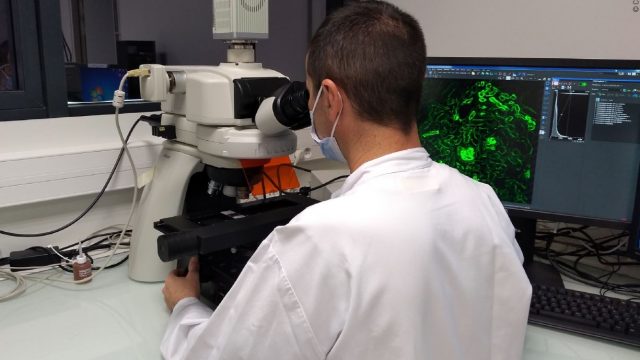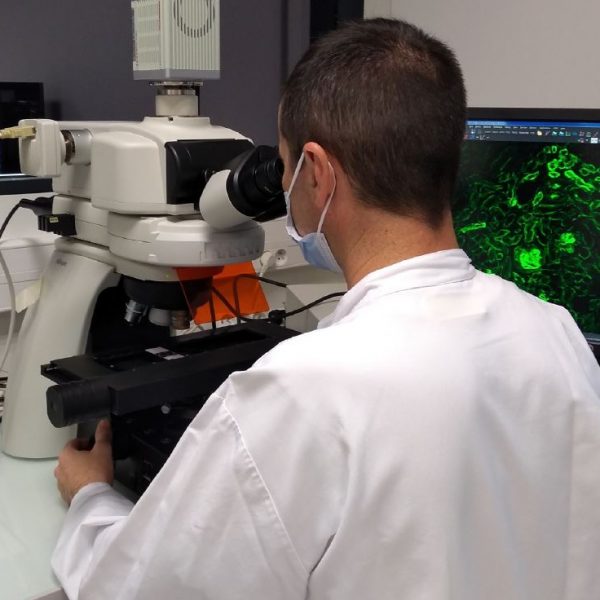
Microscoop #84 : When antibodies become toxic
In all the defense mechanisms that the human body triggers to fight against external aggression, antibodies are at the forefront. When they go wrong, however, they cause serious illness.
Antibodies are essential and very effective assets for protection against pathogenic organisms. However, during the abnormal proliferation of plasma cells, which are the cells producing these antibodies, they can become toxic to the body by being produced in large quantities and being deposited in certain organs, causing them to malfunction. These are then referred to as monoclonal immunoglobulin deposition diseases. The kidney remains the main target even though all organs may be involved. Depending on the immunoglobulin, the deposits can be of different nature: fibrillar in the case of AL amyloidosis, the most common of these deposit diseases, amorphous (heavy and / or light chain deposit diseases), crystalline in the case of of Fanconi syndrome linked to immunoglobulins …
Since its inception, the CRIBL laboratory has been involved in the study of these diseases linked to the deposition of these pathogenic immunoglobulins. It is an important component of the Centre National de Référence de l’Amylose AL et autres maladies par dépôts d’immunoglobulines monoclonales jointly coordinated by CHU de Limoges et de Poitiers. This rich collaboration has resulted in several scientific advances in the understanding of the physiopathological mechanisms of these diseases and in the management of patients.
Find the full article published in the Microscoop July 2021 edition (journal of the CNRS Center Limousin Poitou-Charentes Delegation):
Microscoop – Délégation Centre Limousin Poitou-Charentes

